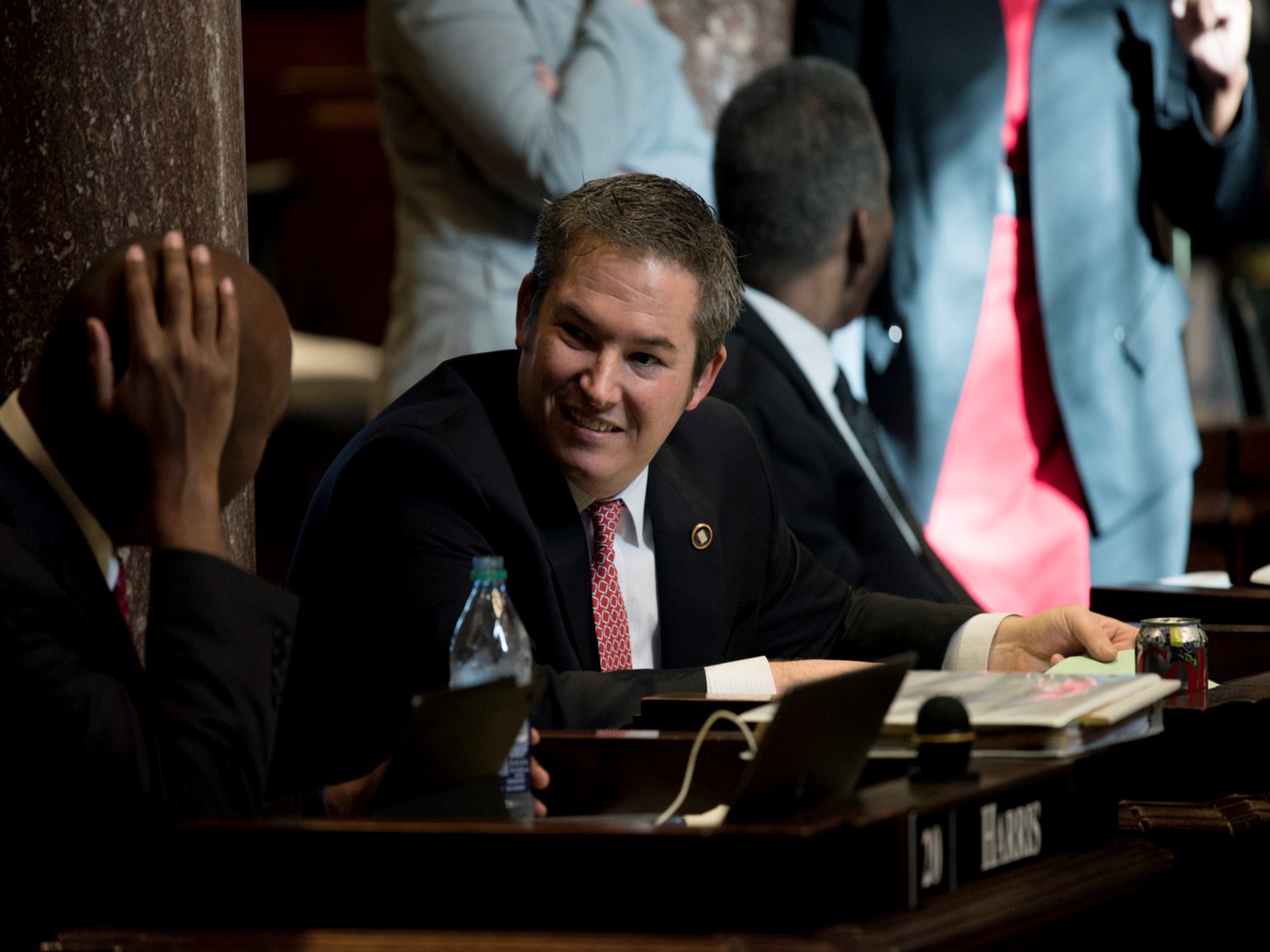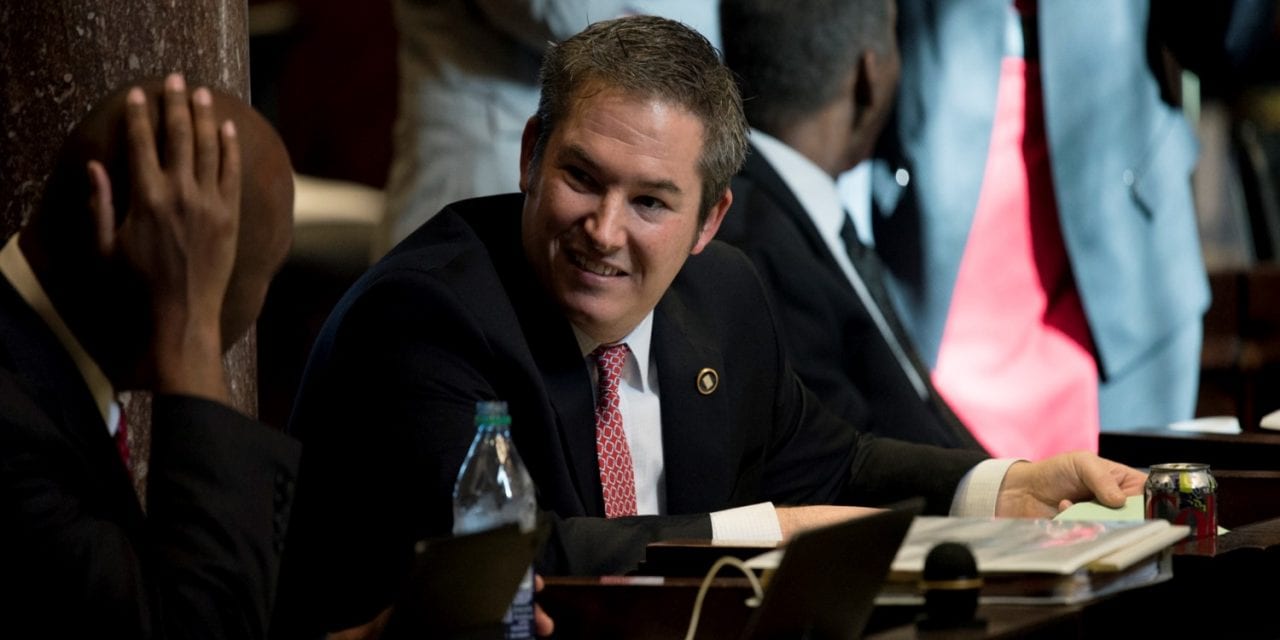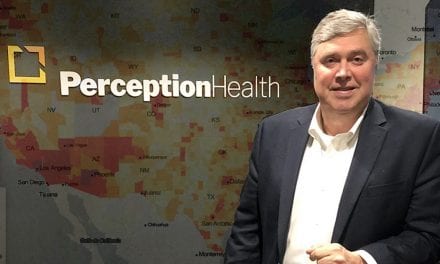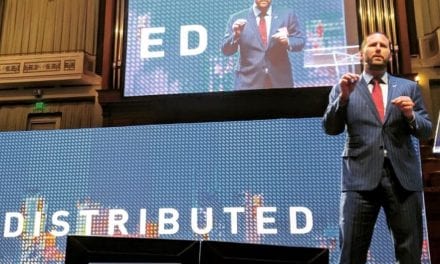The Tennessee Department of Health says that on March 5, 2020, the state announced its first confirmed case of COVID-19 in Tennessee. This means that for almost 10 months, COVID has had a regular presence in the lives of Tennesseans by dominating the local news cycles and hitting the state’s entire economy, with 964,000+ new unemployment claims filed in the State since March 15. Google’s COVID-19 Alert Statistics state that Tennessee has had more than 566K diagnoses of COVID, with over 6700 deaths attributed to the pandemic.
In mid-December, the Volunteer State became the worst region in the entire world for COVID-19 transmissions. This forced medical professionals to request that Governor Bill Lee issue a mask mandate for the state. Both the request and the surge in COVID-19 cases prompted a social media livestream address to Tennesseans across the state, in which, according to Fox 17, “Governor Lee announced indoor public gatherings will now be limited to 10 people and indoor sporting events at schools will also see restrictions on gatherings. The order will not apply to churches, weddings, or funerals.” Despite his own wife testing positive for the coronavirus, Gov. Lee did not attempt to issue any mask mandate, despite the requests by medical professionals. Rather, he pleaded with Tennesseans to continue to wear their masks. It should be noted that Gov. Lee has separately addressed the “selfishness” inherent in the attitudes of Tennesseans who have chosen not to wear masks.
Could the State have done better in terms of its COVID-19 response? For District 21 State Senate Member Jeff Yarbro (D), the answer seems to be “absolutely.” He tells Launch Engine, “Throughout the crisis, Gov. Lee has taken one of the least aggressive responses of any governor in the nation—and frankly, any government on the planet! It would be one thing if that approach were working. But the facts show that it is clearly not.” Sen. Yarbo says that Gov. Lee’s “reluctance to take any concrete action is irresponsible and unconscionable.” To his mind, this is particularly the case when one considers that the recent loss of 1,000 lives in Tennessee occurred over the span of just a few weeks.
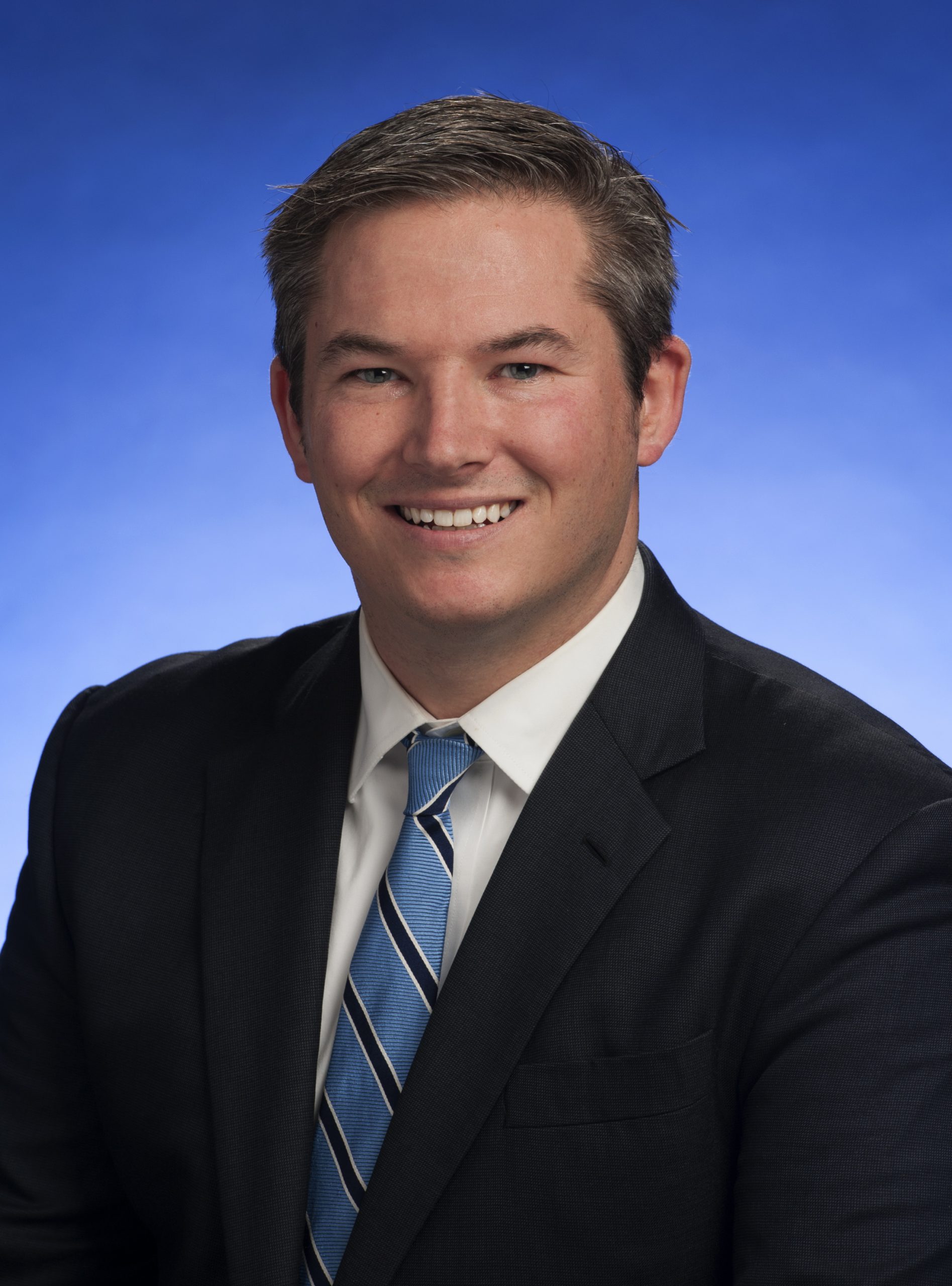
Regarding the religious exemptions made in the indoor gathering ban, Sen Yarbro stated that it seemed to him that Gov. Lee doesn’t seem to be serving all Tennesseans when he refuses to take serious action. Between the seemingly targeted exemptions and the inability to issue a mask mandate, Sen. Yarbro might generally agree with someone if they were to say that his decisions favored the whims of those who voted for him, instead of all Tennesseans.
He says, “The governor has only been willing to lead in this crisis to the extent that the most irrational and conspiracy-minded members of his base would let him.” Sen. Yarbro argues that the conspiracy theorists of Trump’s base—including those that believe in the claims of QAnon, the idea that COVID-19 is a political hoax, and the unfounded claim that the 2020 Presidential Election was rigged so that President Donald Trump would lose—helped elect Gov. Lee in the first place.
“I think Gov. Lee certainly thinks so,” he says. “And it seems pretty clear that he has benefitted from and [helped] foster—intentionally or not—people who are denying how serious this virus is. Who, even at this point, are comparing it to the flu, and who are refusing to believe any of the information that’s coming from their own doctors, the CDC, or even the Trump White House when it comes to COVID.” Sen. Yarbro thinks that even though some of the misinformation propagated by COVID-deniers is due to social media bots, the number of humans unwilling to accept facts disproving such misinformation is “remarkable.” Sen. Yarbro agrees that the people denying COVID-19 aren’t medically literate, and that “There’s been this really persistent effort to mangle basic math and science to deny the severity of the pandemic.”
If one wanted to know his solution for combating misinformation, Sen. Yarbro says that it’s more important to provide clear, consistent information instead of condemning specific conspiracy theories, which is something he says Gov. Lee’s administration has largely failed to do that through the pandemic. He says Gov. Lee’s updates on the pandemic have attempted to put data in the most positive context possible, as opposed to educating the public about what’s going on with the coronavirus to refute any bogus information.
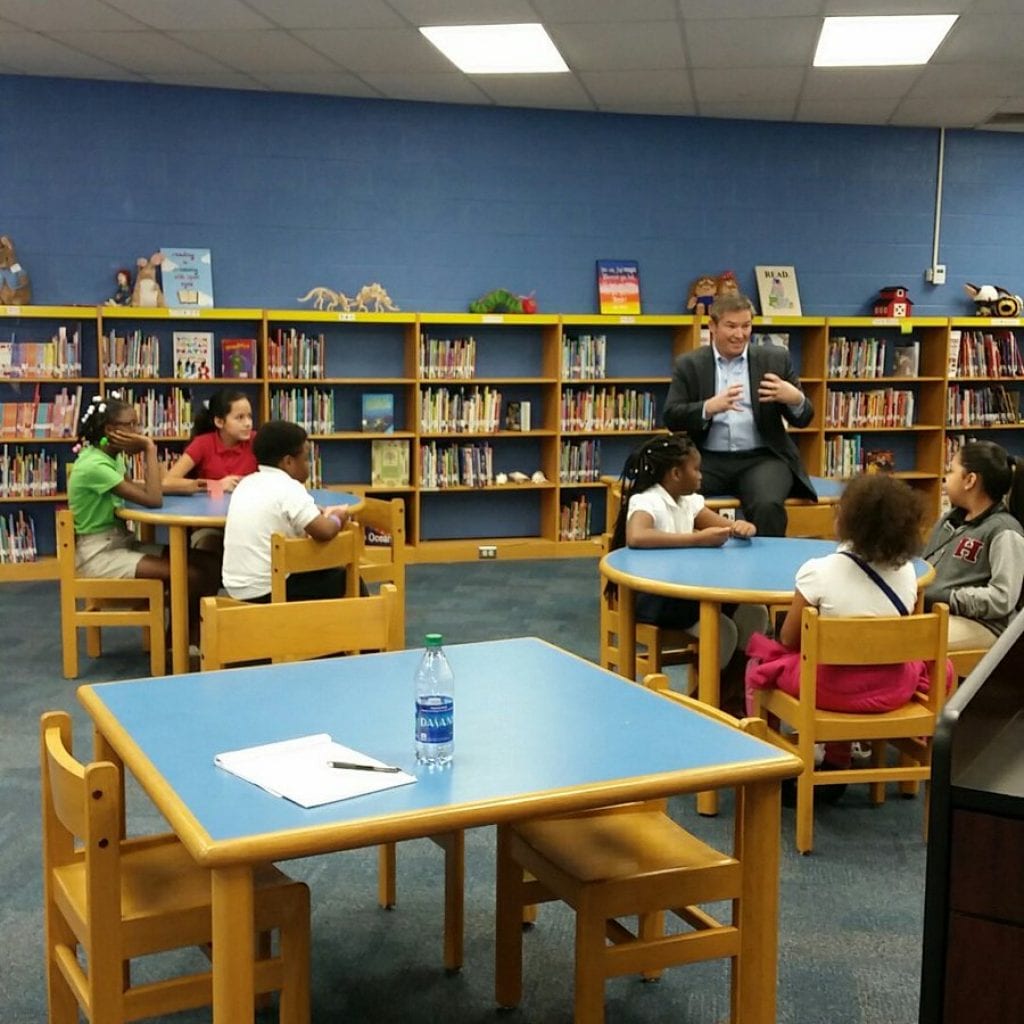
Do leadership failures of the Lee administration compromise his ability to lead the state, and represent Tennesseans’ best interests? It’s a question that needs to be asked, as Sen. Yarbro has voiced several concerns regarding Gov. Lee’s several no-bid state contracts to NewsChannel5, including no-bid contracts awarded to COVID-19 testing company Nomi Health, contact tracing company Xtend Healthcare, and “sock masks” manufacturer Renfro Corp. Separately, Tennessee Department of Education Commissioner Penny Schwinn (who was selected for her current position by Gov. Lee) has received criticism for her involvement with a wasteful, no-bid state contract.
“The fact that we have a Governor who has had a significant number of inexplicable, no-bid contracts that have not been disclosed certainly makes it more challenging for the Governor to work with legislators on any number of issues. That being said, in this context, there is not a single legislator who would not drop everything and, I think, try to genuinely engage the Governor in trying to lead the state through this crisis,” Sen. Yarbro says. He acknowledges that he’s been outspoken in his criticisms of Gov. Lee, but states that is still within his power to help Tennesseans during the pandemic. Furthermore, Sen. Yarbro asserts that he enjoys the personal conversations he’s had with Gov. Lee, despite any disagreements the two might have.
When asked “Does the State of Tennessee collectively need to revisit the broad authority of Gov. Lee to issue executive orders? And should the legislature have returned to work on some of the issues he was clearly struggling with?” Sen. Yarbro said, “Yes. That statute that gives the Governor emergency powers is not designed for this type of crisis. It’s not designed for a pandemic, first of all. And more importantly, from a good government standpoint, it’s not designed for a long-term crisis, like this. And the fact that our public policy response to the biggest public policy crisis of a generation rests on one person—with very little constraint, oversight, accountability, or input from any other branch of government—is not ideal.” He stipulates that he doesn’t believe the Governor’s power and authority should be cut back, but that there should be greater oversight and engagement by the legislative branch for something like the coronavirus pandemic. He argues that the statute was designed for the legislature to step in after 30 days. While he’s not currently looking for the legislature to step in, the State’s statutory scheme needs to be updated.
Sen. Yarbro doesn’t think the buck stops with Gov. Lee. He explains that any problems with Lee’s handling of COVID-19 are systemic, stemming from changes in America’s political landscape. He says, “I don’t think that people quite understand just how much the legislative agenda and the Tennessee gubernatorial response has tilted in a partisan direction the last few years. It is a radical shift compared to the previous four administrations, frankly. I’ve just never seen anything like it.”
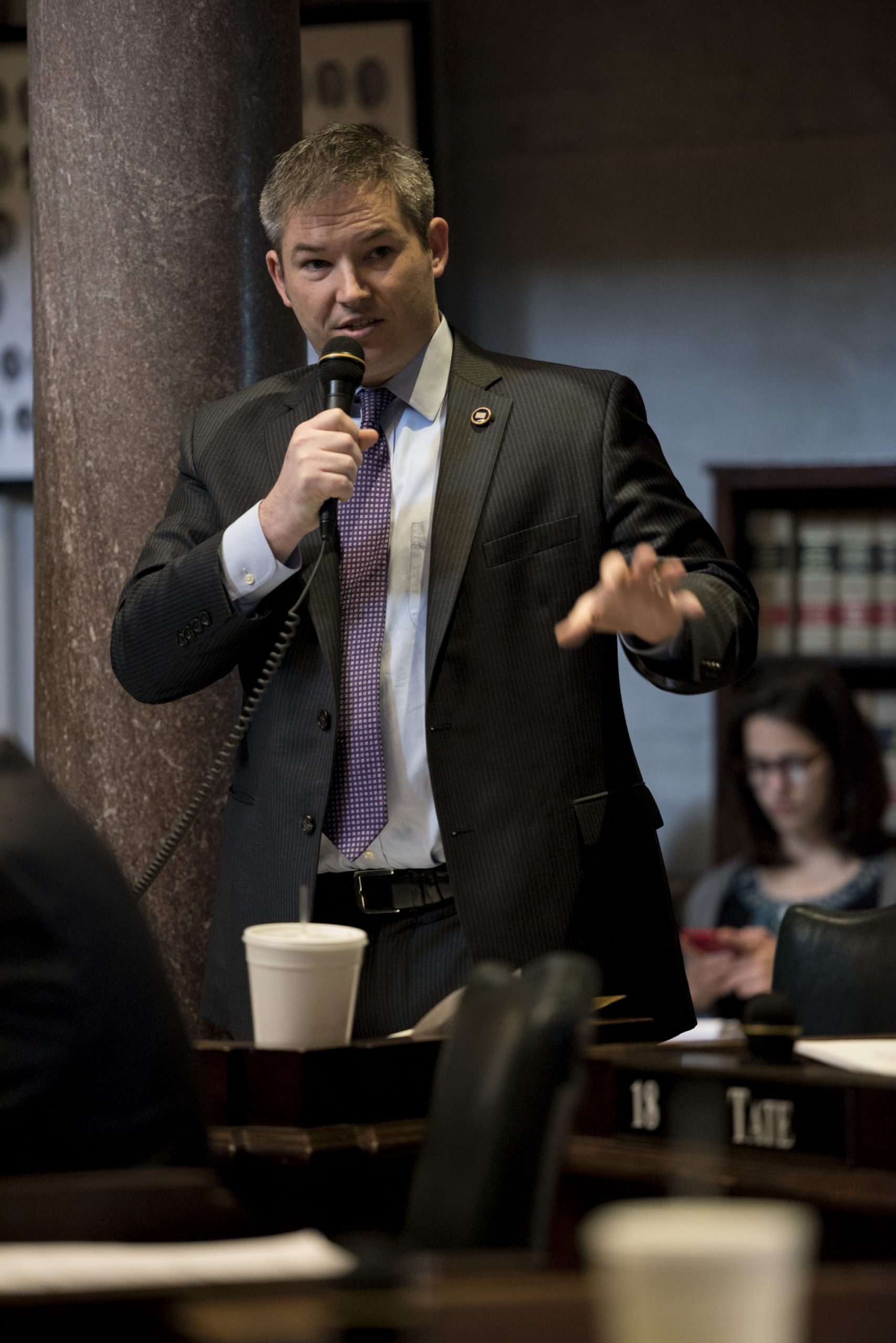
Sen. Yarbro answered other questions for Launch Engine, including his views on the impact of virtual education on students returning to school, and educators’ abilities to help students overcome a COVID-slide. “It’s a problem,” he says, “and a real one that should concern everyone who cares about education.” His family is one of many in the state currently dealing with the many problems of virtual education. Sen Yarbro expresses faith in the resilience of children, but says that he expects noticeable variations in the performances of students returning to in-person learning.
Offering that the State should switch-up its boilerplate approaches to education, he says, “it’s going to be harder to run the type of uniform, one-size-fits-all education system when this is over. But we probably should have never been running the one-size-fits-all education system from the start.” He says that the desire to return to normal after the pandemic is over is a worry he’s addressed with colleagues on both sides of the aisle. He believes that COVID-19 should force many in the State’s education system to consider adopting new policies and practices in how they deliver education. This includes both serious investments in technology that is beneficial to the Tennessee education ecosystem and the adoption of other programs that could revamp education.
Sen Yarbro explains, “You can’t come out of this crisis and not recognize that we need to be supporting students in their whole lives; their family, their health, their emotional development as well as their academic progress…. We should be looking at… making significant investments in the wraparound services for students. Especially students who are economically disadvantaged.”
He says that the answer to getting Tennessee students through the academic nightmare year of 2020-2021 lies in more funding for schools and greater support for teachers to make up for learning deficits.
Regarding the State’s bumping up of educators on the priority list for access to vaccines, Sen. Yarbro says that he feels teachers should be on a list to be prioritized, but that there are multiple groups to be considered as well for such a fast-tracking for a COVID-19 pandemic.
“We’ve got to find the ways to stop the massive numbers of casualties that are happening in Tennessee as quickly as possible,” he says. “I’m for doing this in the way to best preserve life at this point.”
For further information about Sen. Yarbro, be sure to visit his website and social media.
